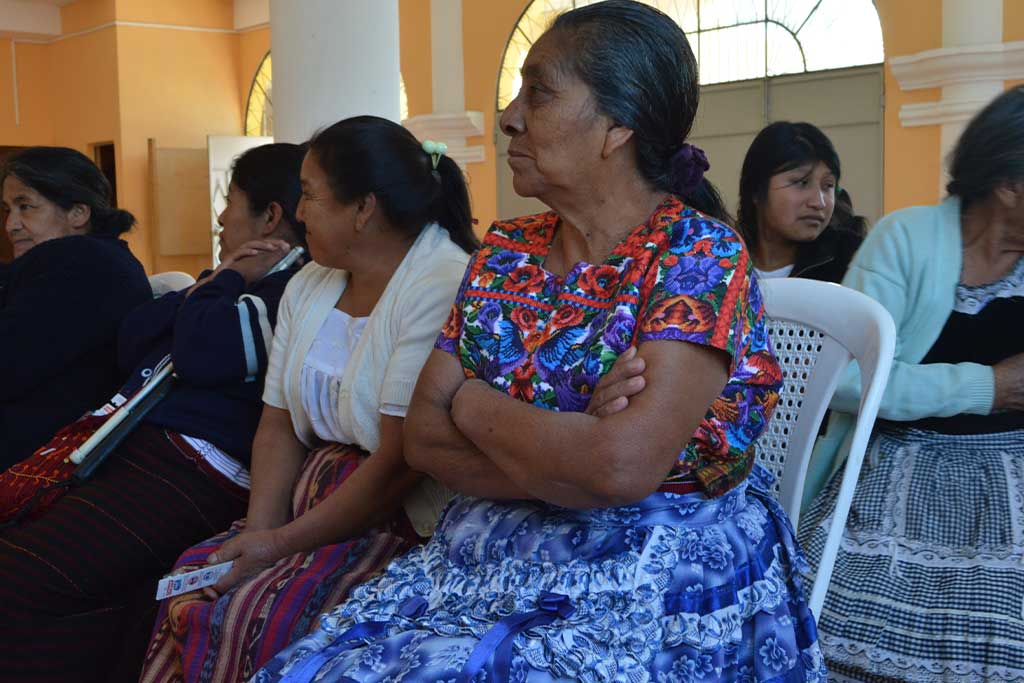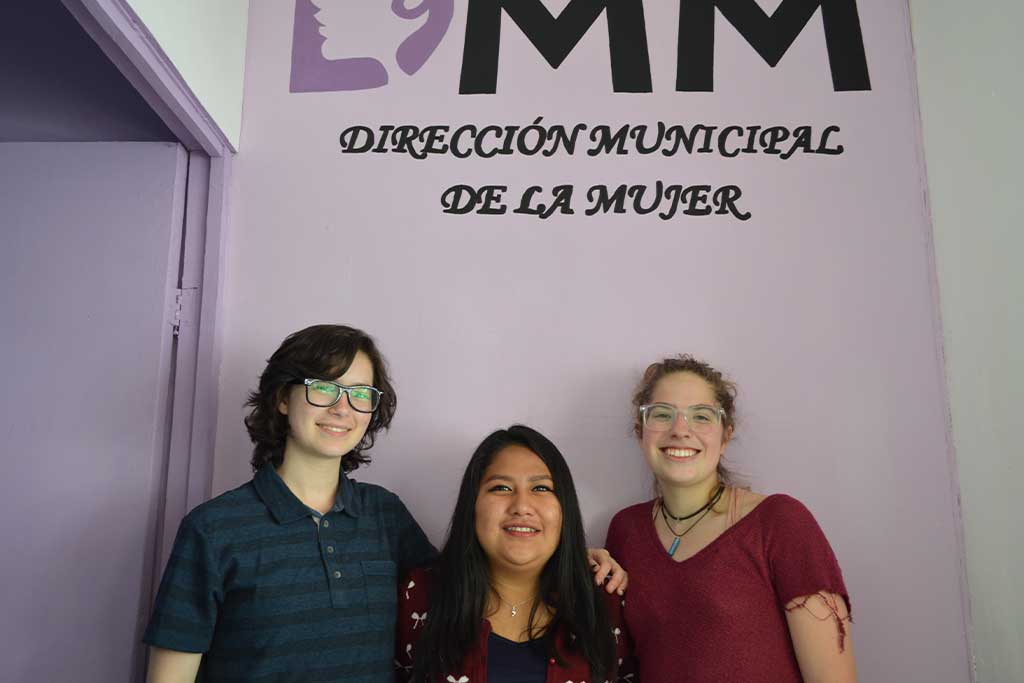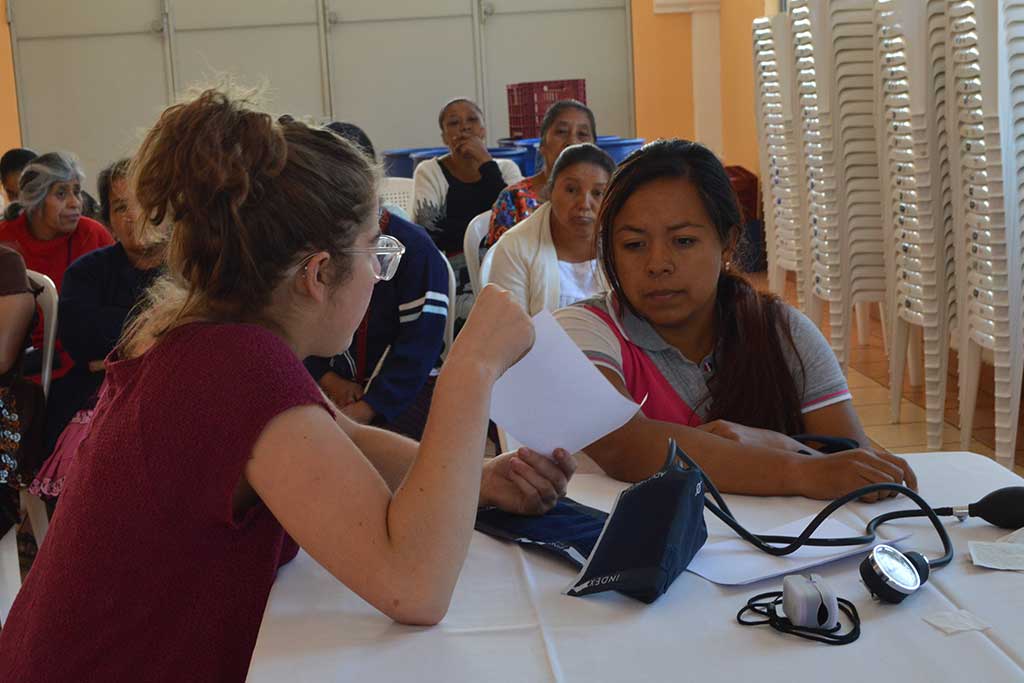Social workers are met with the least humane aspects of humanity. Fighting to protect the rights of children, women, people with disabilities, people of different races and religions, the LGBTQ+ community, truly exposes the ugly underbelly of human behavior. And in no other profession are politics, society and culture quite so inseparable. Equality should be a concern of everyone on this planet. However, human rights violations are more common in some countries than others.
By only studying social services in the context of one culture, I was doing myself a disservice. I was developing a very limited perspective on an inherently global field. Therefore I figured an international internship would bring necessary diversity to the education and professional experience I was already receiving. As I began exploring internship opportunities abroad, I was especially drawn to Latin America for two reasons: I already spoke intermediate Spanish and many Spanish-speaking countries have a negative reputation for breeding “machismo.”
What better place to advocate for equality than in a region that is frequently stereotyped as sexist? Of course, not all stereotypes are accurate, nor are they representative of everyone that makes up a culture, but they are usually rooted in real dynamics. So, I narrowed my internship search to Latin America and that’s how I found Máximo Nivel. Their human rights internship program cooperates with various non-profit organizations in Guatemala, Costa Rica and Peru.

Placements vary depending upon individual interests. I requested to work in women’s rights and before long I was preparing for a month in Guatemala. Gaining field experience in one of my areas of interest gave me the opportunity to more seriously explore what I want to do after graduation. When I began my undergraduate studies, I had already known that I wanted a job that would allow me to work at the forefront of human rights. But after nearly four years of studying social work, I had made little progress in clarifying my career goals.
Interning abroad exposed me to new problems and new ways of approaching them. But in addition to giving me a more accurate understanding of what social work really is, my month in Antigua taught me a lot about myself—my interests, my strengths, my weaknesses. My internship placement was in an office setting, working for the town of Ciudad Vieja, which is less than five miles from Antigua Guatemala. By shadowing a social worker day to day, I was able to see how professionals in my field realistically help their communities.
Real social justice work does not rely on violent protests; it happens behind the scenes through years of education and legislation. At the heart of true social change is paperwork, fundraising, long-term programs and dedicated employees. My mentor taught me so much about how to practically serve a community. The office I interned at oversaw the political, cultural and economic development of Ciudad Vieja, but its primary focus was anti-discrimination initiatives—namely women’s rights.

The entire purpose of the council is to foster a culture of social responsibility while making access to resources more equitable. Corruption, misogyny and the systemic mistreatment of women and indigenous populations have plagued Guatemalan society for decades. Policy development cannot occur with the flip of a switch. No single bill or program can alter the social fabric of an entire community, let alone an entire country. However, committing to long-term outreach, education, research and fundraising initiatives does make a difference.
During the time I spent working alongside Ciudad Vieja’s social advocates, I developed a broader perspective on community development. I began to see how sociocultural factors are contributing to the inequalities in Antiguans everyday lives, as well as how the organization I worked with is lobbying for sustainable change. As an intern, I collaborated on pre-existing projects. So though I witnessed the growing culture of gender equality and more open conversation, I had not been there when the seeds were planted.
Despite benefitting from the organization’s prior work, I did also see the real-time effects of the projects I was involved in. The ongoing women-centered initiatives that my supervisors run were all rooted in raising awareness, providing resources and reframing limited ways of thinking. The staff puts on regular skill building workshops to create greater career opportunities. And even though these classes in cooking, bartending, pastry-making and embroidery are catered to women trying to enter the workforce, other community members are welcome.

By teaching professional skills, creative thinking and healthy lifestyle practices, the organization is helping local women find their freedom. I learned so much by giving women the necessary tools to thrive. The office supports the community by providing mental health services and nutritional information in addition to professional training. Together, all of these programs reinforce the realization that everyone has options. If women feel like they have a reliable support network, they are more likely to leave abusive situations, stepping out on their own both personally and financially.
Every service that the organization offers contributes to creating a more equitable culture in the community they serve. My time in Antigua was humbling; it taught me that the best way to spark meaningful social policy development is slowly and deliberately. Even though I am eager to make a difference in my future field, I have learned to step back, to look at the big picture and value each step. Getting signatures, raising funds, reaching out to the community, providing educational resources—these tools comprise the foundation of sustainable change.
